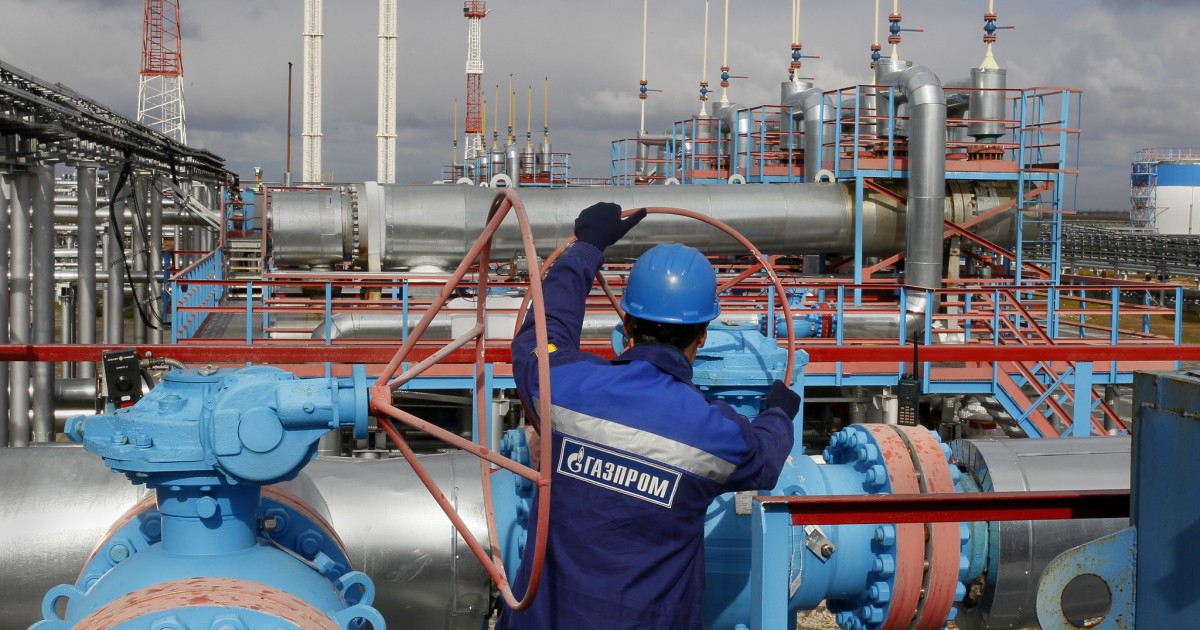German mRNA giant Biontech reveals that coronavirus vaccine mRNA technology could also be used in cancer, accelerating research, expecting to actually produce it by 2030.
Although advanced medical science This will allow us to invent vaccines and medicines. until people live longer in the present era But there are still many diseases that have not been able to develop vaccines and drugs. one of them is “cancer”
According to the World Health Organization, cancer is a leading cause of death worldwide every year. That is nearly 10 million people in 2020, or nearly one in six people will die of cancer, leading to breast cancer, lung cancer and colon cancer. and prostate cancer
However, recent medical advances in which an mRNA vaccine has been successfully invented in the fight against COVID-19 have raised hopes for development. “cancer vaccine” that came out again MRNA technology could be used to destroy cancer cells
Ugur Sahin And Dr. Ozlem Toureci The couple behind the COVID-19 vaccine The co-founder of BioNTech, a large German pharmaceutical company that collaborated with Pfizer to invent and manufacture an mRNA vaccine, told the BBC that a cancer vaccine could be developed. Really before the end of this decade or by 2030?
Both claimed The process in mRNA technology, which is at the heart of the COVID-19 vaccine, could be used for another purpose. to prepare the immune system to attack cancer cells such as the discovery of this advance This raises the hope that a cancer vaccine could be produced in the next few years. It is expected to be ready for use before 2030 (BE 2030).
The mRNA vaccine for the treatment of COVID-19 involves the delivery of genetic material, including the virus, into the human body. This allows the body to produce the spike protein, which is the protein that stimulates the body’s immune system against the COVID-19 virus.
Dr. Touresi, who is also Biotech’s medical director, said the same approach could also be used to prepare the immune system to find and destroy cancer cells. while biotechnology was initially working on an mRNA cancer vaccine prior to the coronavirus pandemic. This prompted the company to adapt to produce a vaccine instead.
.jpg)

